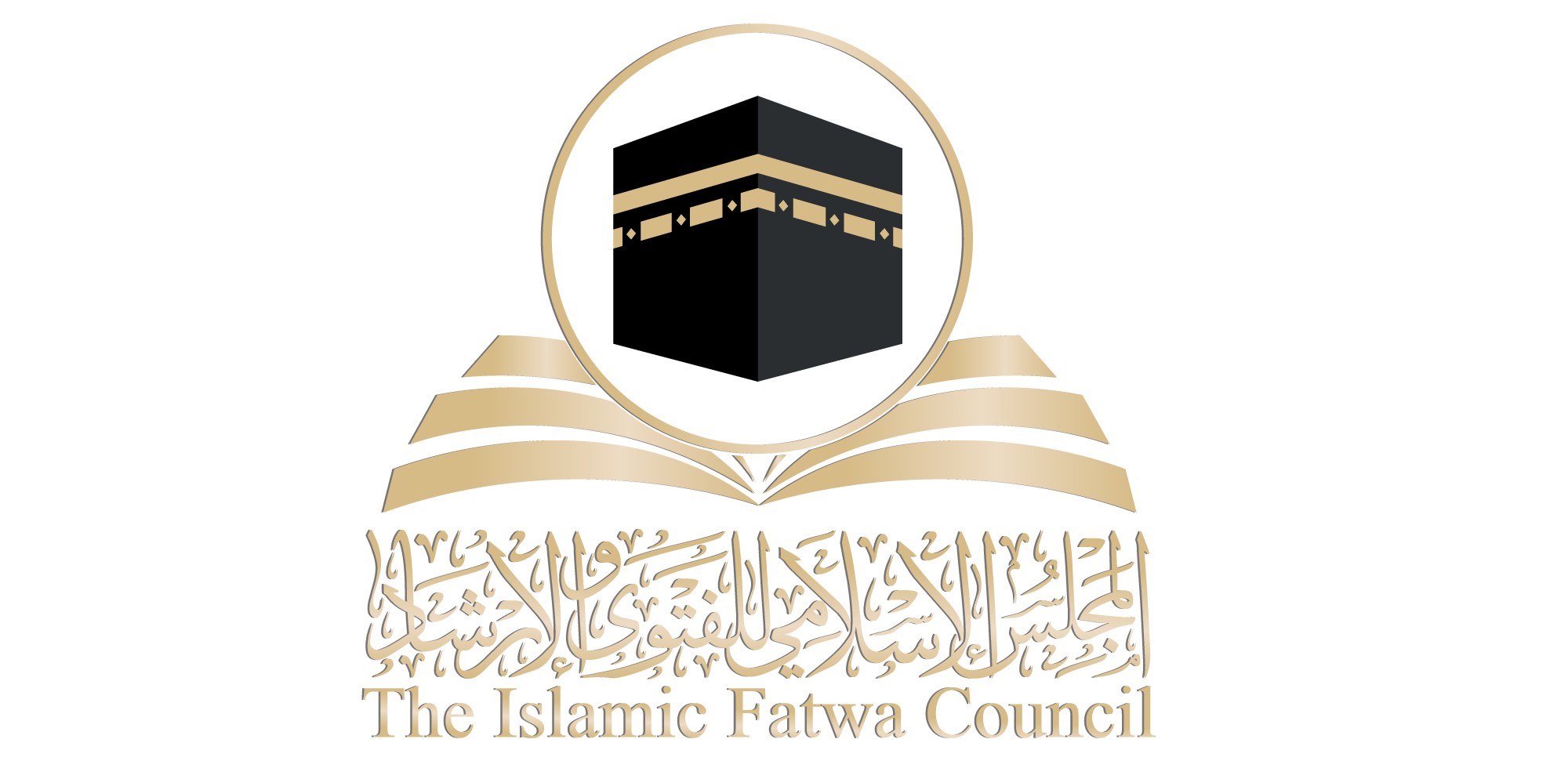Mohamed Bin Zayed University for Humanities (MBZUH) and the UAE Fatwa Council have signed a Memorandum of Understanding launching a mufti training programme for UAE Nationals. Open to postgraduate students at the university, the mufti training programme will equip UAE Nationals with the qualifications and expertise needed to practice fatwas and legal discourse. The programme is expected to launch in February this year.
Dr. Khaled Al Dhaheri, Chancellor of MBZUH, and Dr. Omar Habtoor Al Darei, Director-General of the UAE Fatwa Council, signed the agreement
Shaikh Abdullah bin Bayyah, Chairman of the UAE Fatwa Council and President of the MBZUH Supreme Academic Council, said, “We have high hopes that the programme will produce outstanding Emirati muftis with the skills necessary to understand the world and contribute to promoting happiness and peaceful co-existence. Equipped with a strong sense of self-awareness and the reality of this world, as well as compassion to make a difference, they will serve as ambassadors for the Islamic faith and the UAE and will be instrumental in achieving the goals set forth by the university in collaboration with the council.”
For his part, Dr. Al Dhaheri stated, “The programme is strategically aligned with the UAE’s vision of establishing a team of highly qualified Emirati muftis who will not only be able to help promote religious awareness and moderation, but also preserve our spiritual legacy and security to help advance the growing religious influence of the emirates in the Islamic world and the international community.”
According to Dr. Al Dhaheri, the programme can be completed in one year and four months and is initially targeting to graduate 20 students in its inaugural edition. Students will also be trained to undergo specialised courses in family and youth issues, religious practice and worship as well as responding to requests for fatwa through the website or the telephone.
The last stage of the training will require students to conduct specialised research for fatwas and start comprehensive application of fatwas by answering the phone and preparing the trainees to appear in the media and providing them the skills to perform this task with great proficiency.
After completion of the programme, students will be required to take a qualifying exam to secure a licence to practice fatwas. Once a licence is obtained, graduates of the programme will be able to start practicing the issuance of fatwas, initially through text messaging platforms only.
“Training master’s and doctoral students at the university to practice Sharia fatwa through specialised courses and applied skills builds on the gains achieved by previous initiatives by our wise leadership, such as the establishment of the Al Muwatta Center in 2016, which can be leveraged by the current programme in order to proceed in the right direction and effectively achieve its goals,” Dr. Al Darei said.
In addition, Dr. Al Darei stressed that UAE’s achievements, especially in ensuring a stable and prosperous society, would not be possible without developing one of its most important assets – its human capital. It has done well in this regard and in so doing through this programme will ensure it will be able to continue to look after the material and spiritual wellbeing of its people.
Summing up the importance of the programme, Dr. Al Darei said, “Sharia and the humanities can work together to help understand the complexities of this world, and such will be the expected outcome of this programme as it will produce Emirati muftis who will possess that knowledge and expertise to effectively analyse events and situations, so they can be properly addressed.”
This article was first published at : Emirates News Agency – WAM

